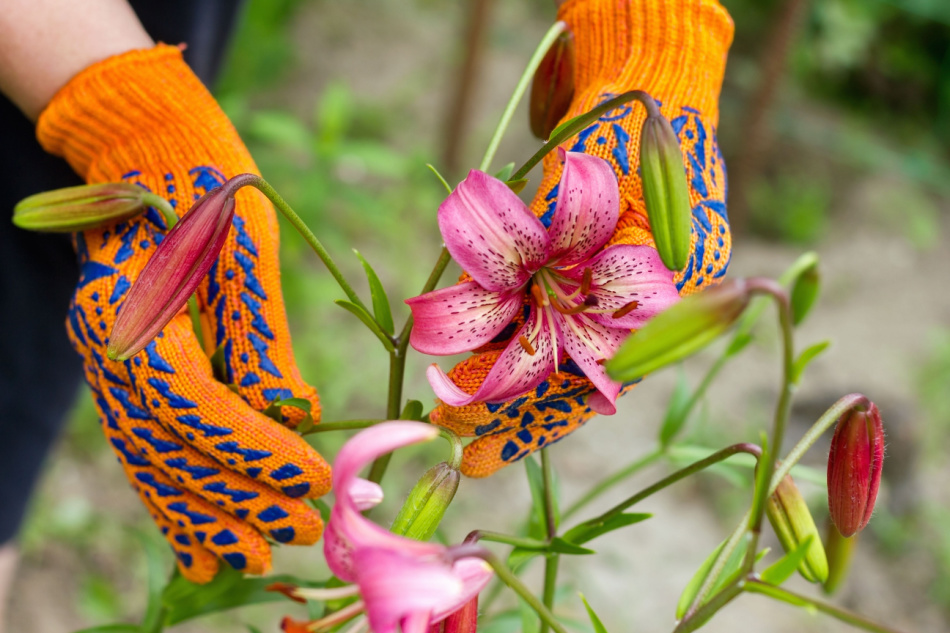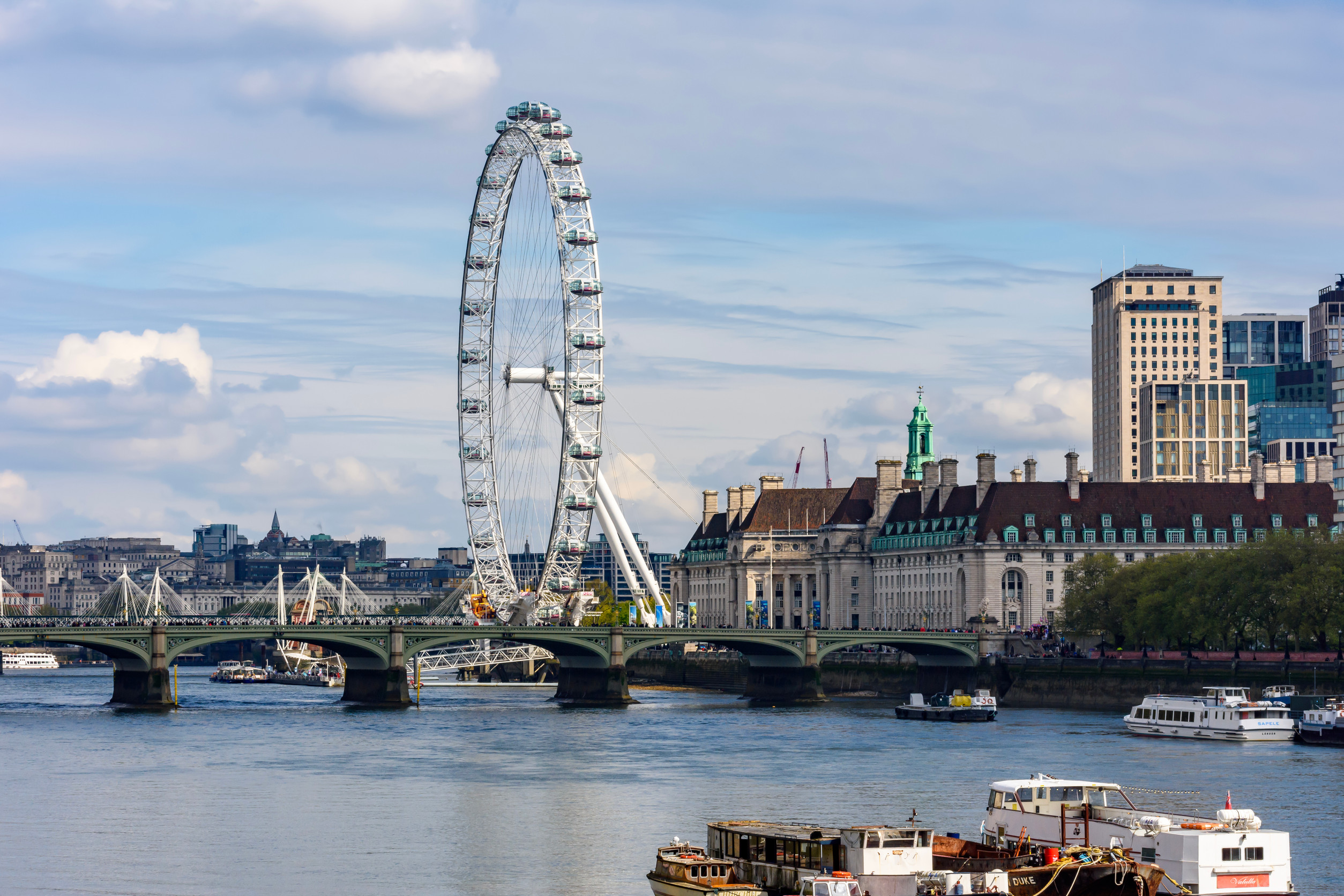Rising ocean temperatures as a result of global warming are one of the main reasons behind coral bleaching – a process that pushes away the symbiotic algae living within their tissue, causing these unique marine invertebrates to turn white. In a bid to come to their rescue, scientists are continuously researching ways to help mitigate the effects of climate change on these luscious marine ecosystems.
With that in mind, researchers at the Bermuda Institute of Ocean Sciences recently found a cool way – literally – to save the reefs by pumping up cold water from the depths of the ocean to provide a comfortable environment for the corals where they can thrive.
The process, called “upwelling”, typically happens naturally when wind pushes surface water away from coastal regions, causing cooler, more nutrient-rich water from below to take its place. Sometimes, this is also replicated artificially with deep-ocean pumps to help increase fish stocks at the surface.
A team of scientists led by Dr. Yvonne Sawall decided to use a similar “artificial upwelling” technique to help prevent coral bleaching by cooling the waters where coral reefs are located.
For the study, the researchers collected three samples of different coral species living at depths of 15 ft (5 m) from Bermuda’s Sea Venture Shoals regions and placed them in aquaria at the institute. There, they subjected the fragments to different temperature conditions over a period of three weeks.
As New Atlas reports, those conditions involved an average summer temperature of 28°C/82ºF; a warmer temperature of 31°C/88F, known to cause coral bleaching; and that same warmer temperature with daily pulses of cooler 24ºC/75ºF water drawn from a depth of 164 ft/50m; and the same warmer temperature with daily pulses of cooler 20ºC/68ºF water drawn from a depth of 300 ft/100 m.
To the delight of the researchers, the findings showed that less than two hours a day of exposure to the cool, deep water mitigated the coral’s heat stress. This was indicated by the presence of more algae in the corals that received the cool pulses of water, compared to those that didn’t.
“Our study shows the potential benefits of pulsed AU [artificial upwelling] during heat waves,” said Sawall. “The next steps now are to find suitable AU settings to maximize the benefits, while minimizing potential harmful side effects of AU for corals and the ecosystem they support.”











